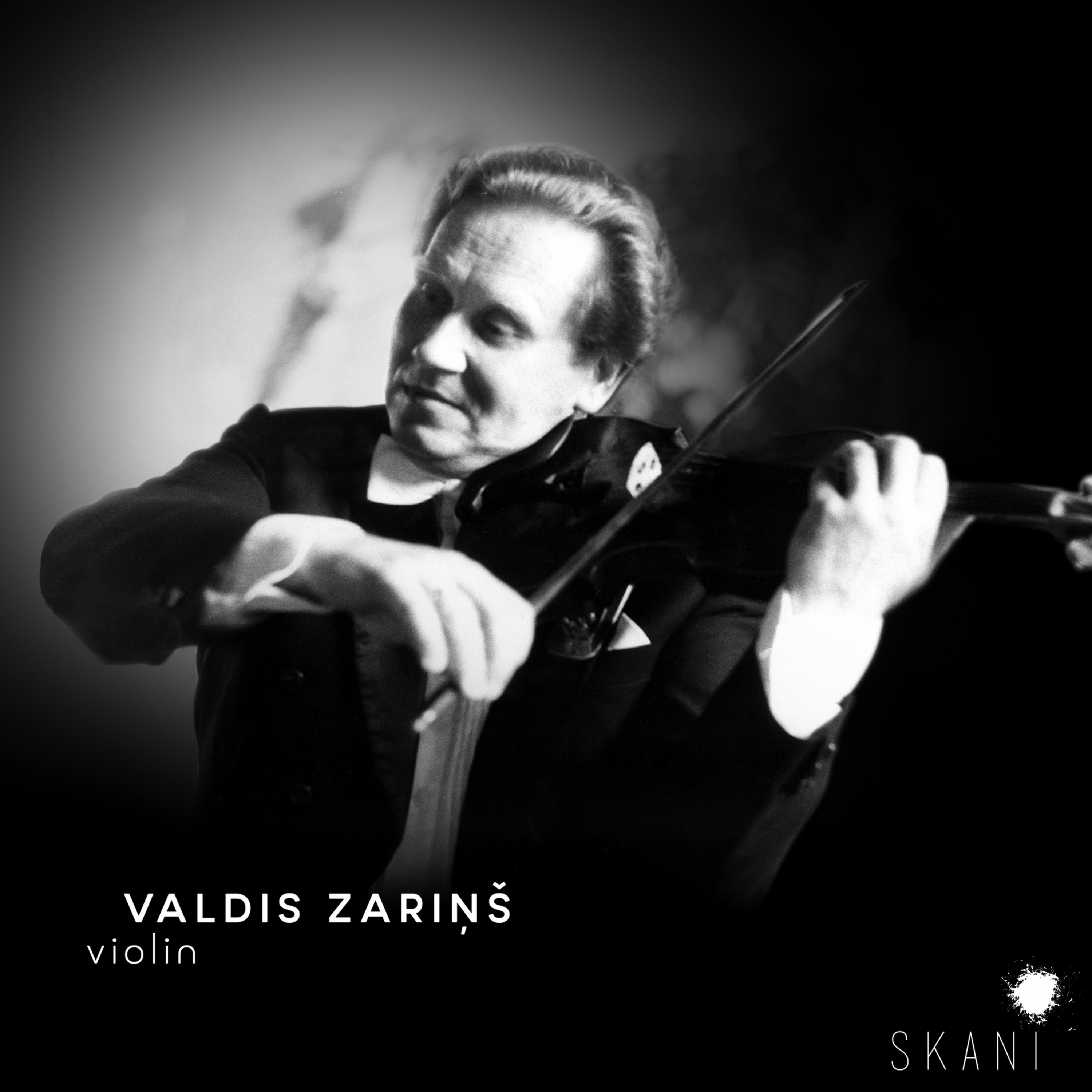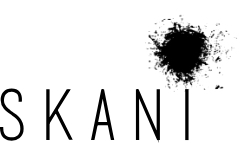"This 2 CD set is a tribute to the violinist Valdis Zariņš (1942-2018), who died recently. A graduate of the Latvian Conservatoire, he went on to become concertmaster of the Latvian Philharmonic Chamber Orchestra, the Latvian National Symphony Orchestra and the Bergen Philharmonic. Between 1963-1967, he led the Latvian Philharmonic's string quartet. He later went on to teach at the Conservatoire in Riga. He was also a renowned soloist with an outstanding mastery of his instrument and profound interpretive skills, as these valuable aural documents testify. For me, the main focus of interest is CD 2, which is devoted to Latvian music. Neither work I was familiar with, so it's been a voyage of discovery. The recordings were taped between 1976 and 1990, and all are in superb sound.
Sibelius' Violin concerto is a perennial favorite of both violinists and audiences alike. Zariņš view of it has a profound sensitivity to the delicate ebb and flow of the work. When passion is summoned, both soloist and conductor deliver the goods. The lyrical slow movement is eloquently sculpted and fervent in its intensity. In the finale you're in for a white-knuckle ride, such is the heat generated. Bartók's Second was composed in 1937-38, and dedicated to the Hungarian violinist Zoltán Székely. It was premiered the following year in Amsterdam with Székely and the Concertgebouw under the baton of Willem Mengelberg. Zariņš muscular, burnished tone and varied coloristic range suits this work down to the ground. It's a performance of power and passion, with the passages of haunting lyricism well catered for. Sinaisky is with Zariņš all the way, providing admirable support. In both recordings, there's a perfect balance struck between soloist and orchestra.
CD 2 focuses on two Latvian composers. Gundaris Pone left his home country for the States early on in life. He had studied the violin in addition to composition at the University of Minnesota, and his Violin Concerto of 1959 reveals a fluent hand at writing for the instrument. In the 1960s he travelled to Europe, rubbing shoulders with such avant-garde composers as Nono, Ligeti and Boulez, and this had a profound influence on the direction of his own music. Zariņš first performed the Concerto with a piano accompaniment to a private audience in the early 1970s, later in 1983 he gave the public premiere, this time with orchestra. The recording here dates from 1991, and has the composer himself conducting. Cast in three movements, it’s shot through with hints of Bartók and Shostakovich. The first leads in with brash assertiveness, declamatory and animated. The slow movement is elegiac, yet compassionate and longing. The finale opens with a whip crack. The movement bustles along and bristles with unstoppable energy. Pone brings the work to a stunning conclusion with dazzling vitality and vigour.
Romualds Kalsons’ Violin Concerto was dedicated to and premiered by Valdis Zariņš in 1978; this recording came a year later. It's had much success internationally, and is the composer's most popular work. Zariņš must have had great affection for it and kept it in his repertoire. He recorded it again twenty years later with the Latvian National Symphony Orchestra and Terje Mikkelsen for the Simax label. I haven’t heard this later version to make a comparison. Its vitality and dynamism, gleaming sonorities, kaleidoscopic orchestral colours and spectacular orchestration, which fed down from Ādolfs Skulte, Kalson's teacher, go some way to explaining its enduring popularity, especially in Latvia. Its style bears allegiance to Prokofiev, Shostakovich and Khachaturian, seasoned with a peppering of Boris Tchaikovsky. The violin writing reveals a very capable hand, exploiting the violinist's technical arsenal to the full. There are times when the music wallows in grotesquerie, however, I must single out the last movement. Its exotic rhythms, flavoured with multi-hued percussion, are quite seductive.
The two CDs come housed in a beautifully produced, sturdy gatefold. The booklet notes, in English and Latvian, offer a biographical portrait of the artist, and also provide a commentary on the music played. I hope more of Zariņš recordings are made available in the not too distant future."
Stephen Greenbank
Valdis Zariņš
Performers
Valdis Zariņš
- violin
Latvian National Symphony Orchestra
Vassily Sinaisky
- conductor
Gundaris Pone
- conductor
Recorded
1976-1990
Release date
28.06.2019
Compositions
Jean Sibelius
Violin Concerto in D minor, op. 47
Béla Bartók
Violin Concerto No. 2, Sz 112
Description
LMIC 074
"I am very happy that you have the opportunity to listen to the recordings made by an outstanding musician- Valdis Zariņš. For many years we have worked together in the orchestra where he was the concertmaster, but more importantly, I had numerous opportunities to be his accompanist in concerts where he was the soloist. His mastery of his instrument and his powerful interpretation of the music he played never failed to amaze. Latvia can be justly proud of a musician blessed with such a unique talent of which these recordings are a striking proof." - Vassily Sinaisky
Review

